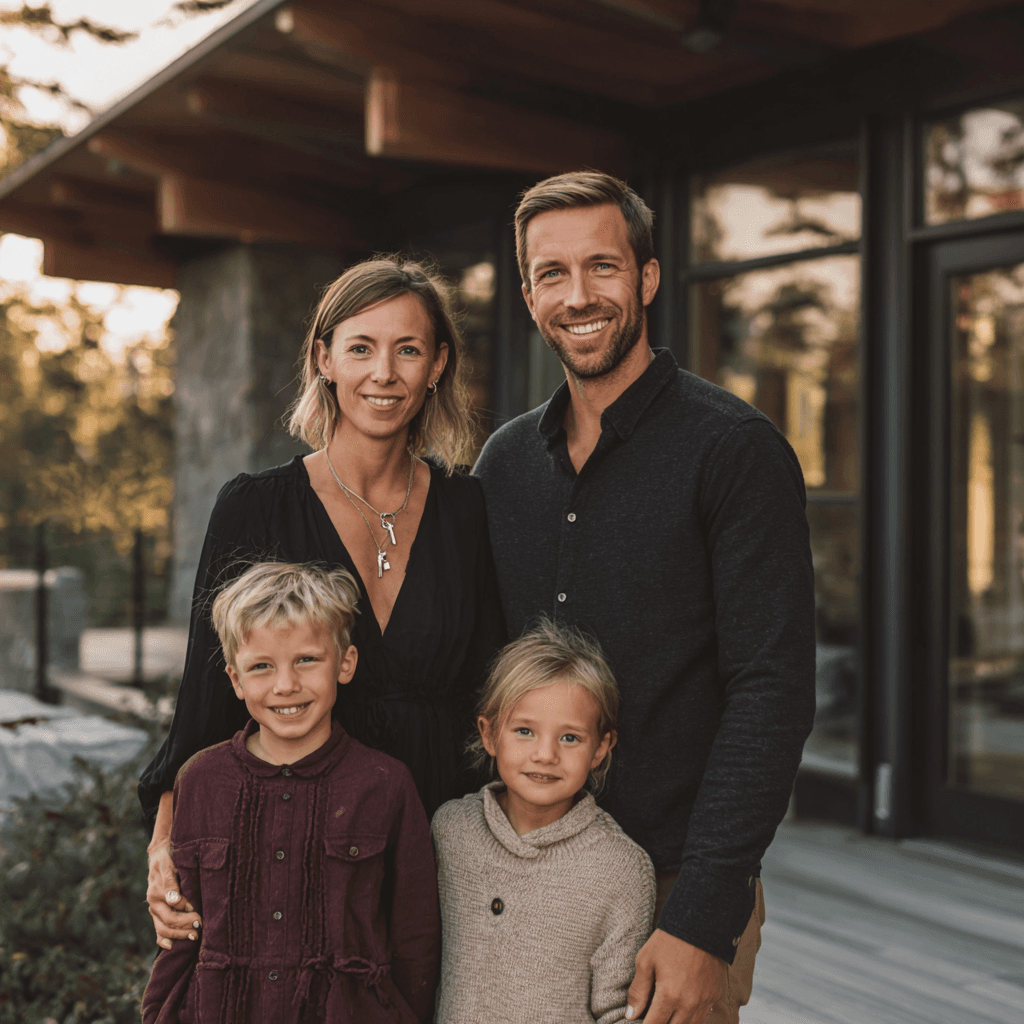Challenges
Low Taxable Income and Rental Property Refinance
A retail business owner wanted to help her son buy into a dental practice and needed $400,000 quickly.
The capital would come from refinancing her rental condo in Surrey, BC, but there were several roadblocks:
-
Her reported taxable income was low, because she used legitimate write-offs and tax planning.
-
Most traditional (A) lenders and banks only looked at her tax returns and said she couldn’t afford the new mortgage—even though she had the real cash flow.
-
The condo was a rental property, not her primary home, which made lenders more conservative. Many would only go to 65–70% LTV on a rental condo, but she needed a lender willing to reach 75% LTV.
Gifting Funds to a Family Business
The refinance funds were being gifted to her son so he could purchase a dental office.
Because a family member would benefit, some lenders:
-
Looked more closely at the purpose of funds
-
Viewed it as a more complex, non-standard deal
-
Tightened underwriting around income, LTV, and debt servicing
Avoiding Expensive Private Lending
Private lenders were an option, but the cost was extremely high:
-
12–14% interest rates
-
3–4% lender fees
-
Short 1-year, interest-only terms
Even then, they would only go to 75% LTV, meaning she’d pay very high fees and interest for the same loan size.
Private lending stayed as a backup plan—but we needed a better solution.
Solutions
Switching from A-Lenders to a B-Lender, Stated Income Strategy
Because traditional banks wouldn’t work with her low taxable income, we moved the file to B-lenders that specialize in self-employed clients and support stated income / bank statement mortgages.
Instead of relying on tax returns alone, we:
-
Collected 12 months of business bank statements
-
Broke down deposits and expenses
-
Built a clear income narrative showing the real cash flow behind the business
This allowed the lender to see that, in practice, the business produced enough income to comfortably support the refinance—even if taxable income on paper looked low.
Improving Debt Ratios to Unlock a Higher Loan Amount
To help her qualify for the amount she needed, we:
-
Identified smaller debts that could be paid off
-
Used those paydowns to improve her GDS and TDS ratios
-
Presented a cleaner, more sustainable debt picture to the lender
This boosted affordability on paper and aligned with the lender’s guidelines.
Shopping the File for Better Terms and Full 75% LTV
The first B-lender approved only $360,000, short of the $400,000 target, due to:
-
Conservative stance on rental condos
-
No owner-occupied security
-
Limited income documentation
Instead of accepting that, we:
-
Shopped the file to a second B-lender
-
Used the full 12 months of bank statements
-
Negotiated to reach the full 75% LTV
The second lender approved:
-
$434,000 mortgage
-
7.69% 1-year fixed rate
-
Based on 12 months of verified bank deposits
An appraisal came in at $580,000, which still supported a 75% LTV refinance and allowed the deal to move forward without going private.
Results
Refinance Approved Without Using Private Lenders
Despite low reported income, a rental condo as collateral, and a gifted-funds structure, the client:
-
Secured a $434,000 B-lender mortgage at 7.69%
-
Reached the full 75% LTV on a $580,000 appraised value
-
Avoided 12–14% private lending rates and 3–4% lender fees
This provided enough capital to help her son purchase the dental practice, while keeping costs manageable.
Stronger Position for Both Business and Family
With the refinance in place, she:
-
Unlocked the equity in her rental property
-
Funded a significant $400,000 business opportunity for her son
-
Kept the condo as a long-term rental asset
-
Chose a solution that balanced speed, cost, and flexibility instead of defaulting to expensive private lending
The end result: the son gained ownership in a dental practice, and the client used her real financial strength—not just her taxable income—to make it happen.



